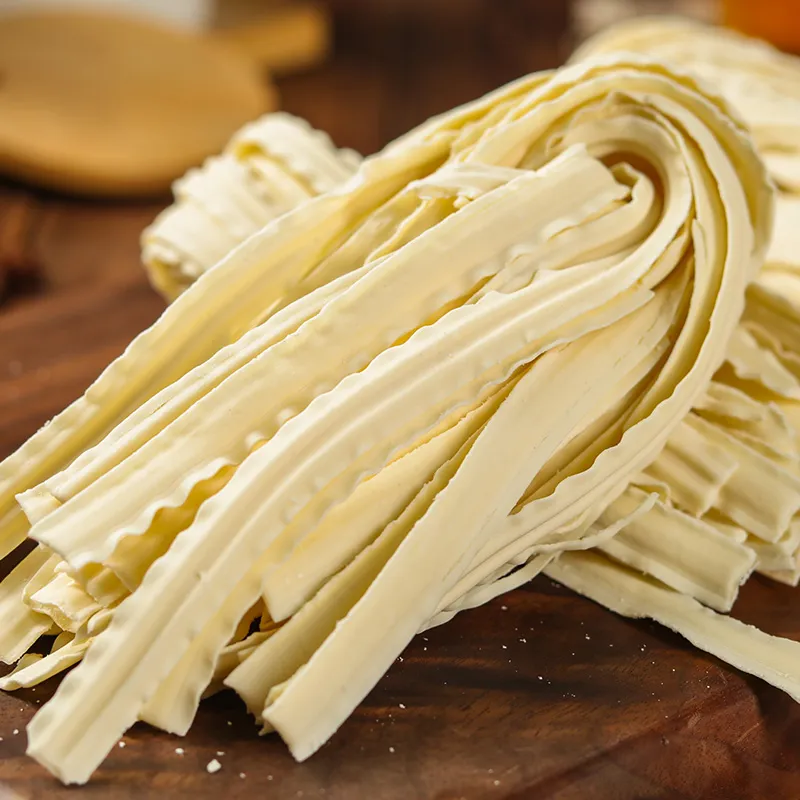do homemade noodles need to dry
Do Homemade Noodles Need to Dry?
Homemade noodles have long been a culinary tradition in many cultures. The process of making noodles from scratch can be both fulfilling and delicious, allowing you to create a fresh product that is tailored to your taste. An important aspect of noodle-making is whether or not to let the noodles dry before cooking or storing them. This article explores the reasons behind drying homemade noodles and how it affects their texture, flavor, and storage.
When you make fresh noodles, they generally start out as a simple mixture of flour, water, and sometimes eggs. The dough is rolled out, cut, and formed into the desired shape. At this stage, the noodles are very pliable and moist, which can lead to potential issues if not addressed. One of the main reasons to dry homemade noodles is to reduce their moisture content. Wet noodles can stick together during cooking, leading to clumping and uneven texture. By allowing them to dry, you can create noodles that are more distinct and easier to separate when boiling.
Do Homemade Noodles Need to Dry?
There are different methods for drying homemade noodles. One common technique is to place the cut noodles on a floured surface or a drying rack for a specified period—usually an hour or so—until they are no longer sticky. If you plan to store the noodles for an extended period, you might want to let them dry completely, turning them occasionally to ensure even moisture distribution. Alternatively, you can use a food dehydrator, which allows greater control over the drying process, ensuring that the noodles dry uniformly and efficiently.
do homemade noodles need to dry

However, drying is not strictly necessary, depending on how you plan to use the noodles. If you intend to cook the noodles immediately after making them, there's no need to dry them. Fresh noodles can be boiled right away, and many recipes specifically call for this method to achieve a tender, delicate texture. In these cases, the moisture in the noodles can help them absorb the flavors of the dish as they cook.
For those planning to make large batches of noodles for future use, drying them can be a worthwhile step. Dried noodles can be stored in airtight containers for several months, making meal prep much more convenient. It's essential to ensure that the noodles are completely dry to prevent spoilage or mold growth during storage.
Ultimately, whether you decide to dry your homemade noodles depends on your intended use. Fresh noodles are delightful and often preferred for immediate meals, while dried noodles provide convenience for future cooking endeavors. Experimenting with both methods can be a fun journey into the world of noodle-making, allowing you to discover your personal preferences and techniques.
In conclusion, while homemade noodles do not necessarily need to dry, doing so can improve their texture, flavor, and shelf-life. Whether you choose to enjoy them fresh or store them for later, the process of making homemade noodles opens up a world of culinary creativity and satisfaction. So grab your rolling pin and get started on your noodle-making adventure!
-
Unleash Your Inner Chef with Delectable Italian Pasta CreationsNewsAug.01,2025
-
Savor Health and Flavor: Irresistible Soba Noodles for Sale Await!NewsAug.01,2025
-
Nourish Your Body with Premium Organic Ramen - A Culinary Delight AwaitsNewsAug.01,2025
-
Elevate Your Dishes with Our Exquisite Kinds of Egg NoodlesNewsAug.01,2025
-
Dive into Flavorful Convenience with Our Ramen OfferingsNewsAug.01,2025
-
Discover Exquisite Types of Naengmyeon and Chilled Soba NoodlesNewsAug.01,2025
-
Is Whole Wheat Pasta Healthy?NewsMay.30,2025
Browse qua the following product new the we

















































































































